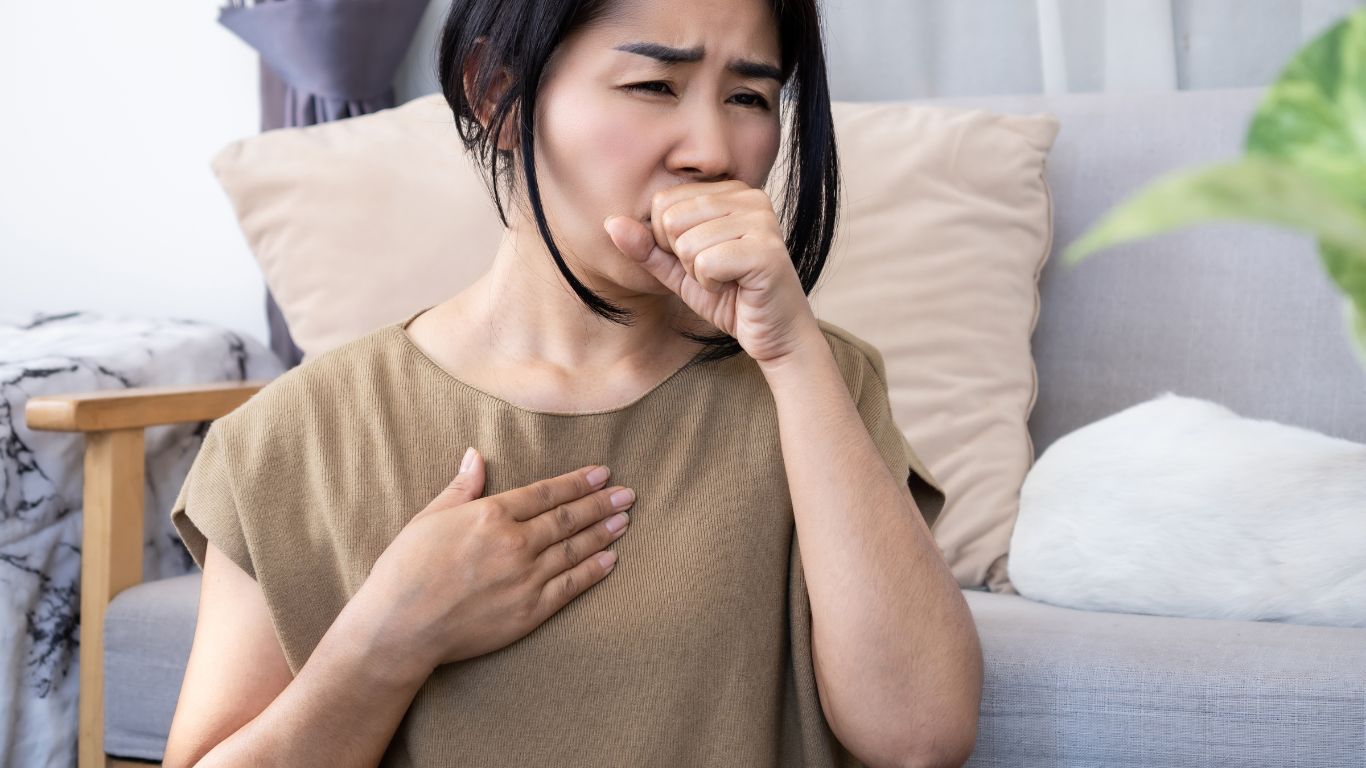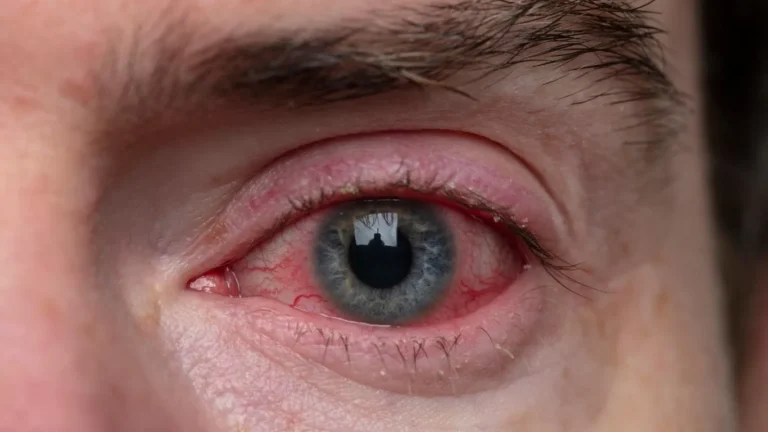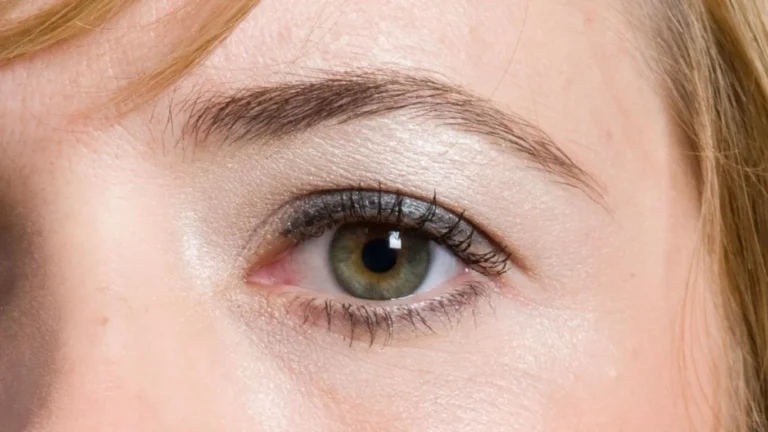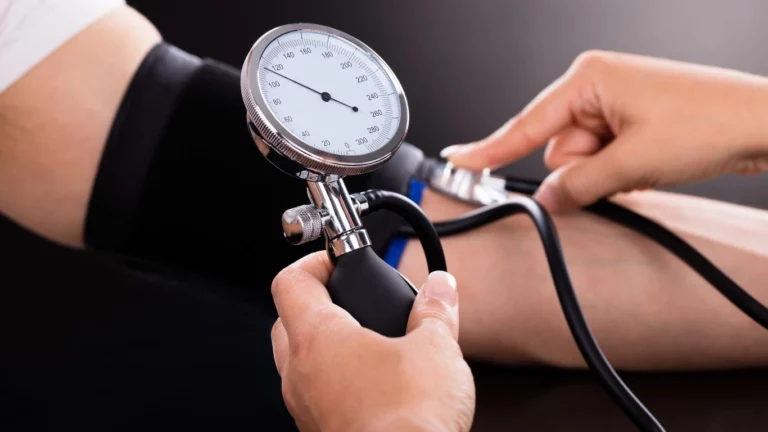Nighttime GERD Symptoms and Relief: A Complete Guide
Are you tired of dealing with GERD symptoms at night? Nighttime GERD can disrupt your sleep and make life uncomfortable, but there are simple ways to manage the symptoms and find relief.
If you’re struggling with acid reflux or GERD (Gastroesophageal Reflux Disease) at night, you’re definitely not alone. Many people experience symptoms after lying down to sleep, and it can be a real pain (literally and figuratively!). Fortunately, there are strategies to help reduce nighttime GERD flare-ups, so you can sleep soundly without waking up to discomfort.

What is Nighttime GERD?
Nighttime GERD refers to the worsening of acid reflux symptoms when you lie down at night. This condition occurs when stomach acid backs up into the esophagus, causing symptoms like heartburn, regurgitation, chest pain, and difficulty swallowing. While GERD can affect people during the day as well, nighttime symptoms can be particularly bothersome due to the position of your body and other factors.
For many, the symptoms start to appear when they go to bed, and it can become a cycle of sleepless nights and discomfort. GERD is often triggered by certain foods, lifestyle habits, and even body posture. Thankfully, making a few changes can bring significant relief.

Nighttime GERD Symptoms
If you’re dealing with nighttime GERD, you’re likely familiar with its telltale signs. Some common symptoms include:
- Heartburn: A burning sensation in your chest that can travel up into your throat.
- Regurgitation: The sensation of stomach acid rising up your throat or mouth.
- Sore Throat or Hoarseness: Stomach acid can irritate the throat, causing soreness or a raspy voice.
- Coughing or Wheezing: Acid reflux can trigger coughing or even mimic asthma symptoms.
- Difficulty Sleeping: Discomfort from GERD symptoms often leads to frequent wake-ups throughout the night.
Why GERD Worsens at Night
When you’re lying down, gravity no longer helps keep stomach acid where it belongs. This allows acid to travel up into the esophagus more easily, leading to heartburn and discomfort. Additionally, during sleep, the body’s natural production of saliva decreases, which means less acid neutralization. Also, eating too close to bedtime can increase the likelihood of nighttime symptoms, as your stomach still has food to digest while you’re lying flat.

Managing and Relieving Nighttime GERD Symptoms
Fortunately, there are plenty of ways to reduce or even eliminate nighttime GERD symptoms. Here are some effective strategies:
1. Adjust Your Sleep Position
One of the simplest ways to prevent nighttime GERD is to adjust your sleep position. Sleeping flat on your back or stomach can worsen reflux. Try elevating the head of your bed by about 6–8 inches to help gravity keep acid down. You can also use a wedge pillow designed for this purpose. Sleeping on your left side may also help reduce reflux, as this position is thought to minimize the chances of acid moving up into the esophagus.
2. Avoid Eating Before Bed
Eating right before bed is a common culprit when it comes to nighttime GERD. Try to avoid meals at least 2–3 hours before lying down. This gives your stomach time to digest food and empty out, lowering the chances of acid reflux while you’re asleep. If you’re really hungry before bed, try a light snack that’s gentle on your stomach, like a banana or oatmeal.
3. Watch What You Eat
Certain foods are more likely to trigger GERD symptoms, particularly in the evening. Some common triggers include:
- Fatty foods (fried foods, cheese)
- Spicy foods
- Chocolate
- Caffeine
- Alcohol
- Carbonated drinks
- Citrus fruits
Try avoiding these foods in the hours leading up to bedtime to minimize the chances of nighttime GERD flare-ups. Instead, opt for light, easily digestible meals that won’t overwhelm your stomach.
4. Use Over-the-Counter Medications
Antacids and other over-the-counter medications can help neutralize stomach acid and provide temporary relief. Some options include:
- Antacids: These neutralize stomach acid and provide quick relief from heartburn.
- H2 blockers: Medications like ranitidine can reduce the amount of acid your stomach produces.
- Proton pump inhibitors (PPIs): Drugs like omeprazole can reduce stomach acid production over a longer period.
However, it’s important to talk to your doctor before using these medications regularly, especially if your GERD symptoms are frequent.
5. Maintain a Healthy Weight
Being overweight or obese can contribute to GERD symptoms, particularly at night. Extra weight puts pressure on the stomach, increasing the likelihood of acid reflux. By maintaining a healthy weight through diet and exercise, you may reduce your GERD symptoms, including those that occur at night.
6. Manage Stress
Stress can exacerbate GERD symptoms, so it’s a good idea to find ways to relax before bed. Whether it’s practicing mindfulness, deep breathing exercises, or reading a book, winding down in a calm environment can help reduce your risk of experiencing nighttime reflux.
Conclusion
Nighttime GERD can be incredibly disruptive to your sleep and overall quality of life. But with the right strategies, you can significantly reduce symptoms and get the relief you need. By adjusting your sleep position, avoiding late-night meals, and making smart lifestyle choices, you’ll be able to sleep better and wake up feeling more rested. Always consult your doctor if you’re struggling with persistent GERD symptoms, as they can help you determine the best treatment plan for you.
Appendices
References
- National Institute of Diabetes and Digestive and Kidney Diseases (NIDDK). (2023). Gastroesophageal Reflux Disease (GERD). Read Article
- American College of Gastroenterology. (2024). GERD Treatment and Management. Read Article
- Mayo Clinic. (2023). GERD (Acid Reflux) Treatment Options. Read Article
FAQs
- What causes nighttime GERD to be worse than daytime GERD? Nighttime GERD is often more intense due to the horizontal position of the body, which allows stomach acid to flow more easily into the esophagus. Additionally, saliva production decreases while sleeping, reducing the body’s ability to neutralize acid.
- Can I take medication to stop nighttime GERD? Yes, over-the-counter medications like antacids, H2 blockers, or proton pump inhibitors can help control GERD symptoms. However, consult your healthcare provider for guidance on the appropriate medication for your condition.
- Is it safe to sleep on my left side to reduce GERD symptoms? Yes, sleeping on your left side may help reduce GERD symptoms by positioning the stomach in a way that minimizes acid reflux. This position is often recommended for GERD sufferers.
- How can I prevent GERD from disrupting my sleep every night? Adjust your sleep position, avoid eating before bed, and monitor your diet to avoid GERD triggers. Incorporating stress management techniques and maintaining a healthy weight can also help.
- When should I see a doctor about my nighttime GERD symptoms? If you have frequent or severe GERD symptoms, including nighttime reflux, it’s important to talk to your doctor. Chronic GERD can lead to complications, and a healthcare provider can offer personalized treatment options.
Disclaimer:
The information provided in this article is for general educational purposes and should not be considered medical advice. Always consult a healthcare professional or gastroenterologist for advice tailored to your specific condition.

Camellia Wulansari is a dedicated Medical Assistant at a local clinic and a passionate health writer at Healthusias.com. With years of hands-on experience in patient care and a deep interest in preventive medicine, she bridges the gap between clinical knowledge and accessible health information. Camellia specializes in writing about digestive health, chronic conditions like GERD and hypertension, respiratory issues, and autoimmune diseases, aiming to empower readers with practical, easy-to-understand insights. When she’s not assisting patients or writing, you’ll find her enjoying quiet mornings with coffee and a medical journal in hand—or jamming to her favorite metal band, Lamb of God.







